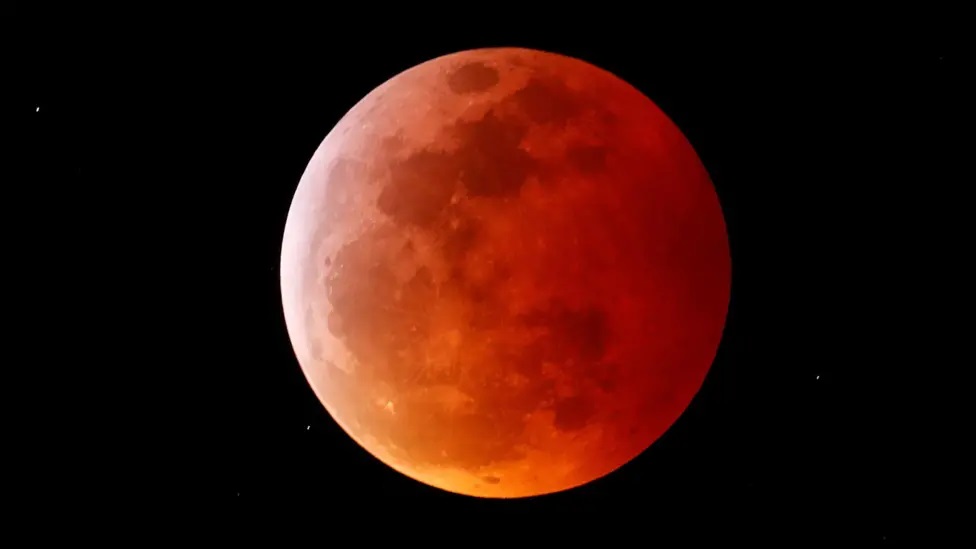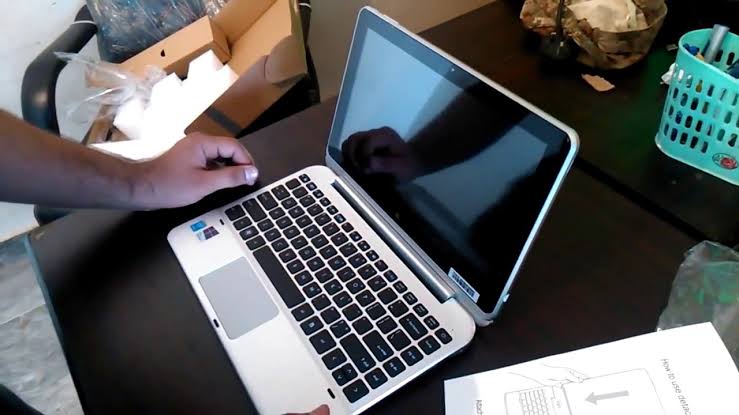A rare and spectacular total lunar eclipse, popularly known as a “Blood Moon,” will be visible across Pakistan on Sunday night, September 7, 2025, offering skywatchers a stunning celestial show.
According to Professor Dr. Muhammad Jawed Iqbal, Director of the Institute of Space Science and Technology (ISST) at the University of Karachi, the entire eclipse will be viewable from Pakistan—weather permitting. The university’s observatory will be open to the public for the occasion.
Lunar Eclipse Timeline (PST):
-
Penumbral Eclipse Begins: 8:28 p.m.
-
Partial Eclipse Begins: 9:27 p.m.
-
Total Eclipse Begins: 10:31 p.m.
READ MORE:
Govt Pushes for Dispute-Free 5G Spectrum Auction in Pakistan
-
Maximum Eclipse: 11:12 p.m.
-
Total Eclipse Ends: 11:53 p.m.
-
Partial Eclipse Ends: 12:57 a.m. (Sept 8)
-
Penumbral Eclipse Ends: 1:55 a.m.
The eclipse will unfold in phases. Initially, the penumbral phase will dim the Moon subtly. As the Earth’s shadow (umbra) deepens, a partial eclipse will create a visible “bite” on the Moon’s surface. The Moon will then turn a reddish-orange hue at the height of the total eclipse, a phenomenon caused by Earth’s atmosphere bending sunlight—a sight known as the Blood Moon.
A Global Spectacle, Locally Clear
This lunar eclipse will be visible not only in Pakistan but also across Europe, Asia, Africa, Australia, and parts of North and South America. However, Pakistan is expected to enjoy one of the clearest and most extended views of the event.
Dr. Iqbal encouraged people to watch from open, dark areas like rooftops or parks to avoid light pollution. He emphasized the educational and visual importance of the event, calling it one of nature’s most impressive spectacles and a rare opportunity for public engagement in astronomy.
The extended duration and evening timing make this an ideal event for students, families, and astronomy enthusiasts alike.




